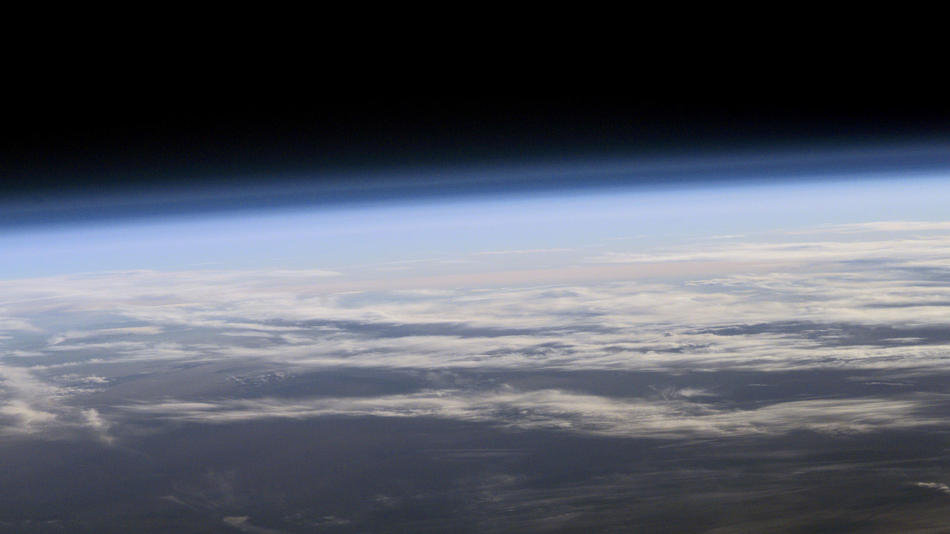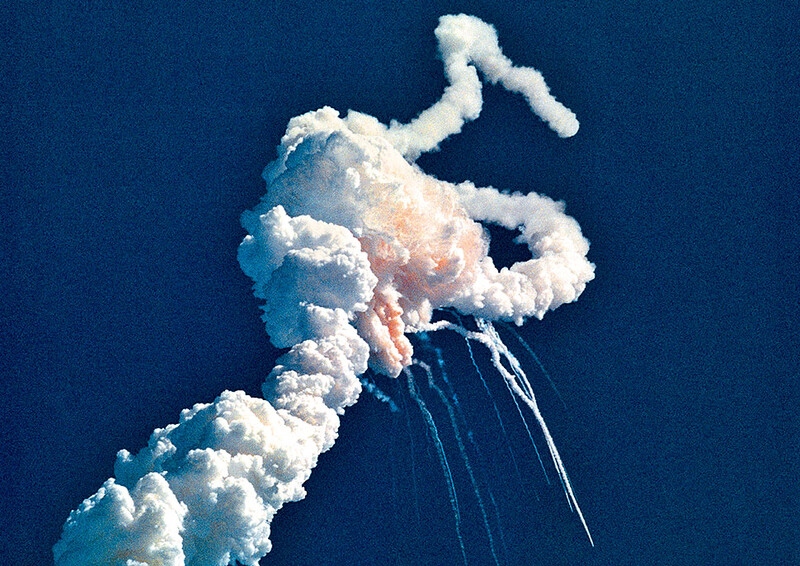The international treaty that saved the earth’s ozone layer is now having the unintended benefit of slowing global warming, according to a new study.
The 1987 Montreal Protocol, ratified by two hundred countries after scientists discovered a gaping hole in the ozone layer above Antarctica, phased out the use of industrial chemicals called chlorofluorocarbons, or CFCs, which were once commonly used as refrigerants and vapor propellants in aerosol cans. Although CFCs are best known for damaging the ozone, they are also greenhouse gases, which contribute to global warming, and a team of Columbia researchers recently set out to quantify the impact they had on global temperatures. Using computer climate models, they determined that CFCs and similar substances caused about one-third of all global warming between 1955 and 2005 and half of Arctic warming and ice loss during that period.
“In the coming decades, as these chemicals stop being used altogether, and as those that have already accumulated in the atmosphere dissolve, they will contribute less and less to global warming,” says lead author Lorenzo M. Polvani, the Maurice Ewing and J. Lamar Worzel Professor of Geophysics at Columbia Engineering. “It’s a good-news story.”



